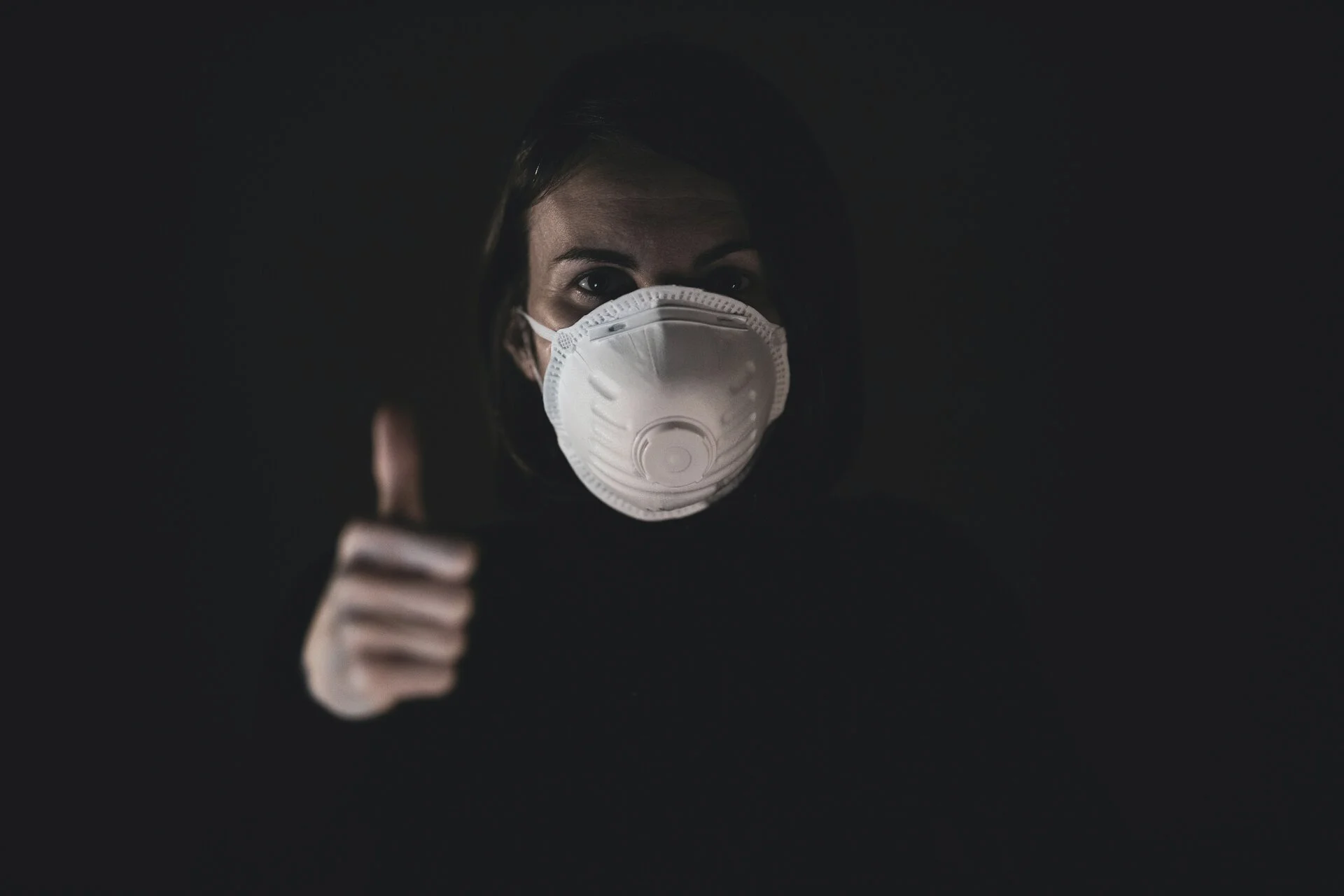
What Cleaning Products Should You Never Mix


Cleaning your home can be satisfying and rewarding, but it can also be unsafe for your family, especially if you are not careful about what products you use. Some common household cleaners can react with each other and produce harmful or even deadly gases, fumes, or liquids. To avoid injuries or accidents, you should never mix these cleaning products:
Bleach and Ammonia
Bleach and ammonia are powerful cleaners often used to disinfect surfaces, remove stains, and brighten fabrics. However, combined, they create a toxic gas called chloramine that can irritate your eyes, nose, throat, and lungs. Chloramine can also cause high concentrations of nausea, vomiting, headache, and even death. Therefore, you should never mix bleach with ammonia or any product that contains ammonia, such as window cleaners, toilet bowl cleaners, or dishwashing detergents.
Bleach and Vinegar
Bleach and vinegar are acidic substances that can kill germs and remove odours. However, when mixed together, they produce chlorine gas, a corrosive and poisonous substance that can damage your respiratory system and mucous membranes. Chlorine gas can cause coughing, wheezing, chest pain, and eye irritation. Therefore, you should never mix bleach with vinegar or any product that contains vinegar, such as some all-purpose cleaners or fabric softeners.
Bleach and Rubbing Alcohol
Bleach and rubbing alcohol are effective disinfectants used to sanitize surfaces and wounds. However, when mixed, they create chloroform and hydrochloric acid, both hazardous chemicals that can cause drowsiness, dizziness, nausea, and unconsciousness. Chloroform and hydrochloric acid can damage your skin, eyes, and internal organs. Therefore, you should never mix bleach with rubbing alcohol or any product that contains alcohol, such as some hand sanitizers or cosmetics.
Hydrogen Peroxide and Vinegar
Hydrogen peroxide and vinegar are natural cleaners that can remove stains, mould, and bacteria. However, when mixed together in a closed container, they create peracetic acid, a highly corrosive and unstable substance that can burn your skin, eyes, and respiratory tract. Peracetic acid can also explode if exposed to heat or light. Therefore, you should never mix hydrogen peroxide with vinegar or any product that contains vinegar in the same bottle or spray.
Baking Soda and Vinegar
Baking soda and vinegar are popular ingredients for DIY cleaning solutions that you can effectively use to unclog drains, deodorize carpets, and polish metals. However, when mixed, they create carbon dioxide gas, which is harmless in small amounts but can cause pressure to build up in a closed container. This can result in an explosion that can injure or damage your property. Therefore, you should never mix baking soda with vinegar or any product that contains vinegar in a sealed bottle or container.
How to Use Cleaning Products Safely
To avoid any harmful reactions or accidents when using cleaning products at home, you should follow these safety tips:
Always read the labels of your products and follow the instructions carefully.
Only mix different products if you are sure they are compatible.
Always use the appropriate amount of product for the task and do not overuse it.
Always wear a mask, gloves, and goggles when handling strong chemicals or fumes.
Always store the products in original containers and keep them away from children and pets.
Always dispose of the products properly.
Should you Hire a Professional House Cleaner?
Absolutely yes!
Keeping your home clean for yourself and your family is important.
While many people take on the task of cleaning their homes themselves, there are several compelling reasons why hiring a professional house cleaner from Ezi Homes can be a beneficial investment for yourself;
Save Time and Energy
Thorough and Consistent Cleaning
Customized Cleaning Plans
Access to Professional-Grade Products and Equipment
Peace of Mind and Reduced Stress
Conclusion
Remember, reading and following the instructions and warnings on cleaning product labels is crucial. If you need clarification on the compatibility of different cleaning agents, consult the manufacturer's guidelines or seek professional advice.
Maintaining a safe cleaning routine involves correctly using cleaning products and avoiding hazardous combinations. Understanding which cleaning products you should never mix can help ensure a clean and safe environment for yourself and your family.
You might also like...
Green Eco-Friendly Cleaning Guide
May 4, 2023 Home CleaningGreen Eco-Friendly Cleaning Guide
Home CleaningGreen Eco-Friendly Cleaning GuideClean Your Car and Home: A Time-Saving Guide
Jul 10, 2024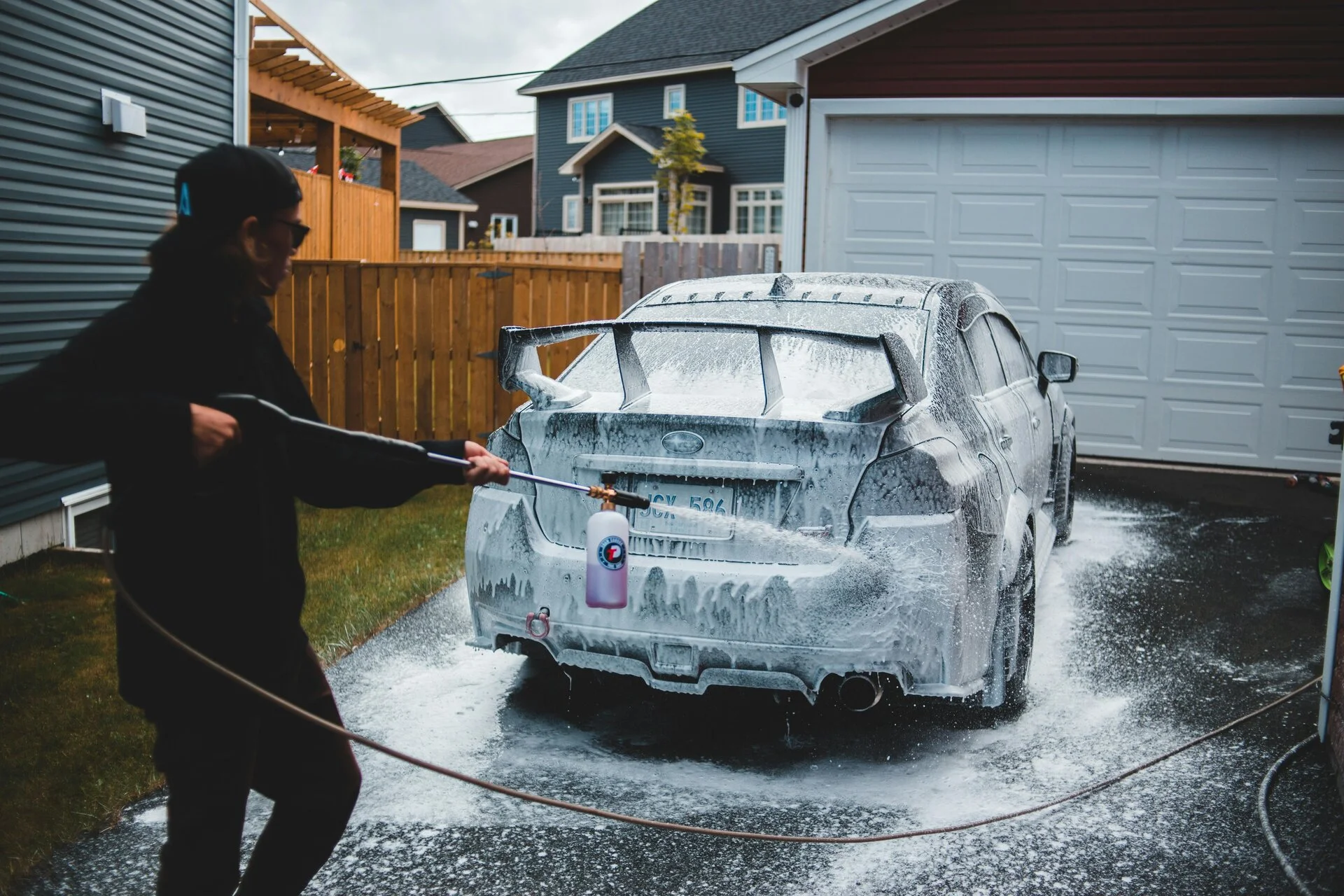 Home CleaningClean Your Car and Home: A Time-Saving Guide
Home CleaningClean Your Car and Home: A Time-Saving GuideWhat Is a Home Deep-Cleaning Service?
Apr 19, 2023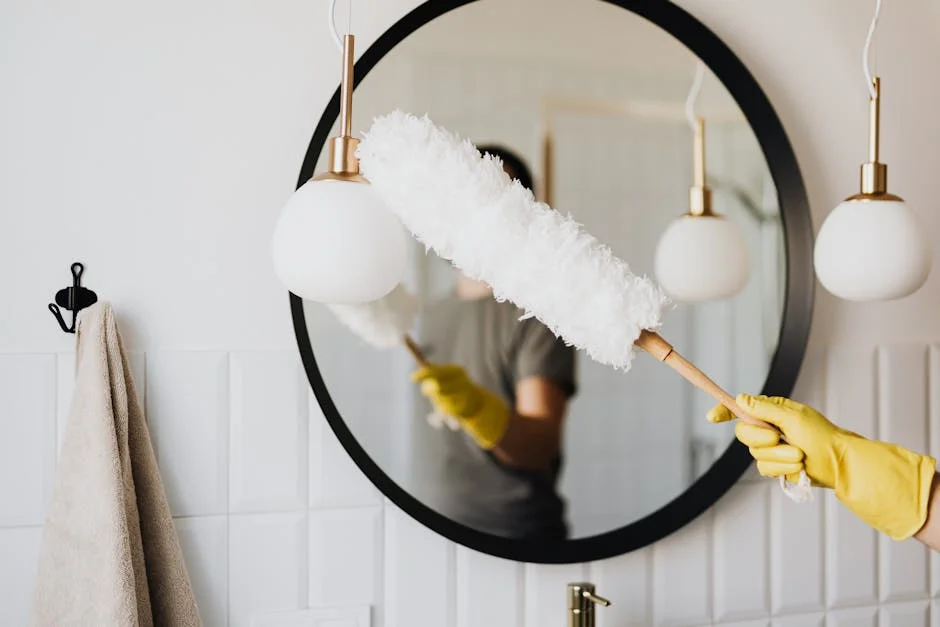 Home CleaningWhat Is a Home Deep-Cleaning Service?
Home CleaningWhat Is a Home Deep-Cleaning Service?How to Prepare for Moving In and Out Guide
Dec 5, 2025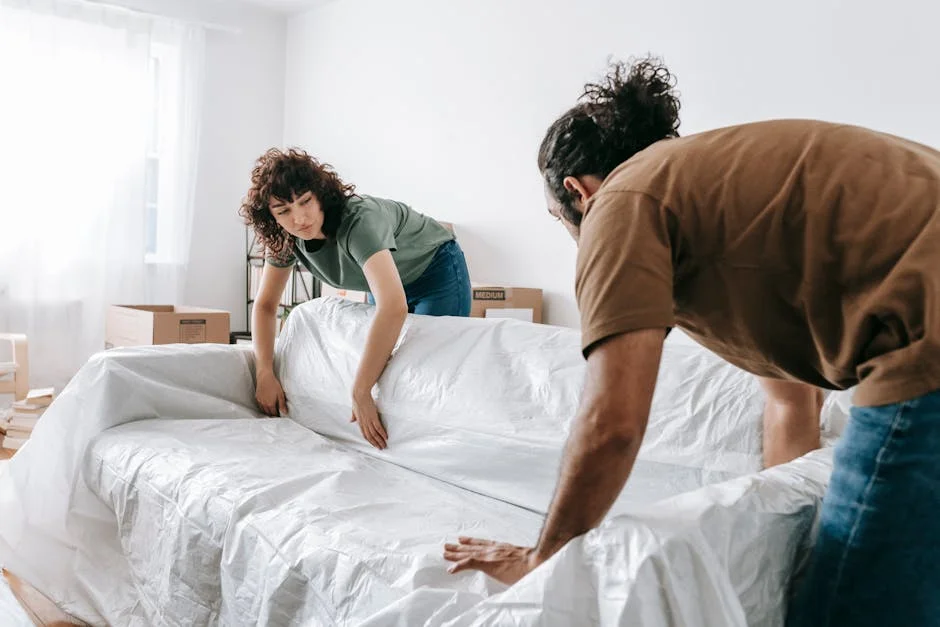 Home CleaningHow to Prepare for Moving In and Out Guide
Home CleaningHow to Prepare for Moving In and Out GuideHow to Clean Hardwood & Timber Floors Like a Pro
Dec 5, 2025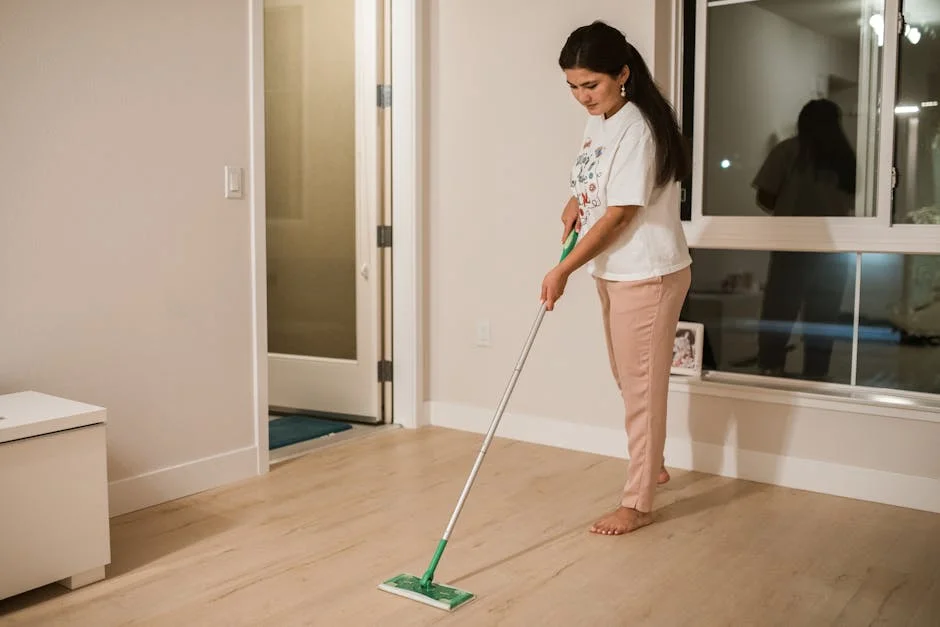 Home CleaningHow to Clean Hardwood & Timber Floors Like a Pro
Home CleaningHow to Clean Hardwood & Timber Floors Like a ProWindow Cleaning Guide: Services, Methods & DIY Tips
Dec 2, 2025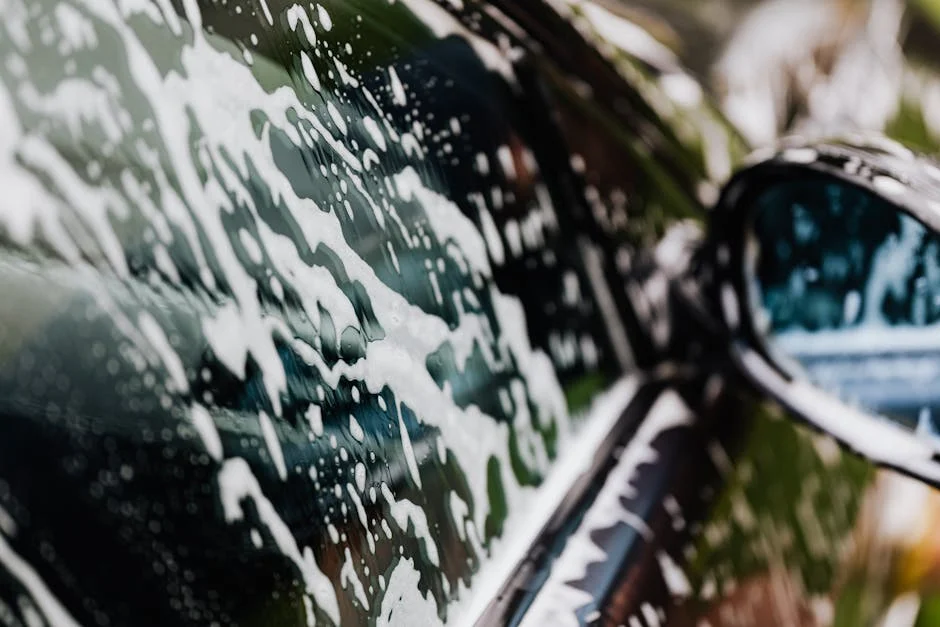 Home CleaningWindow Cleaning Guide: Services, Methods & DIY Tips
Home CleaningWindow Cleaning Guide: Services, Methods & DIY Tips
